Lebanon’s presidential election signals new era of hope
- Update Time : Wednesday, January 15, 2025

The past week marked a pivotal moment for Lebanon, as the long-standing presidential vacuum that underscored the nation’s systemic political crisis finally ended. The election of Army Commander General Joseph Aoun, who garnered a comfortable majority in the second round of parliamentary voting, was more than just a procedural outcome. It reflected the shifting dynamics in the Levant and heralded a new chapter for a country long caught in the throes of external manipulation and internal strife.
For decades, Lebanon and its neighbor Syria have been dominated by a complex interplay of forces: foreign powers, police states, and sectarian militias. These forces operated in a symbiotic manner, with a major non-Arab regional power supporting an Arab police state that, in turn, provided sectarian militias with a base of operations and strategic depth. This structure not only perpetuated instability but also aligned with the strategic interests of another regional player, Israel, which saw no threat in the status quo. In fact, the maintenance of a fragmented and conflict-ridden Levant served Israel’s broader strategic objectives by perpetuating divisions that prevented unified opposition.
This arrangement was underscored by a paradoxical narrative. While slogans of “liberating Jerusalem” and “resistance” dominated public discourse, the reality was one of calculated inaction. The international community, led by the United States, tacitly accepted the ambitions of Israel, Iran, and Turkiye, provided that the power struggles within the region remained controlled and did not disrupt global stability.
Recent years have seen these unspoken rules begin to unravel. In Israel, Prime Minister Benjamin Netanyahu’s partnership with radical right-wing settlers has fueled domestic and regional tensions. In Iran, the Islamic Revolutionary Guard Corps (IRGC) expanded its ambitions under the relatively permissive oversight of the Biden administration. Meanwhile, Turkiye’s President Recep Tayyip Erdogan reinforced an Islamic-nationalist alliance to counter Kurdish separatist threats.
In Arab nations, the aftermath of the so-called Arab Spring disrupted traditional power dynamics. Bashar Assad’s regime in Syria failed to adapt to these changes, with its survival heavily reliant on the diverging interests of its backers, Russia and Iran. This fragile equilibrium was further destabilized by Hamas’s unexpected “Al-Aqsa Flood Operation” in the fall of 2023. The operation, which caught analysts off guard, seemed to play directly into the hands of Israel’s far-right government, which had been seeking a pretext to escalate regional tensions.
Hamas’s attack had immediate ripple effects. Hezbollah, Iran’s most powerful proxy in the region, launched what it termed a “support war” against Israel. This conflict proved disastrous for Lebanon, leading to the destruction of dozens of Shiite towns and villages, as well as parts of Beirut’s southern suburbs. Israel’s response included the elimination of Hezbollah’s top political and military leadership, including Secretary-General Hassan Nasrallah. The loss dealt a severe blow to Iran’s influence in the region and diminished Hezbollah’s capacity to project power.
This series of events also exposed rifts between Iran and its primary ally, Russia, which was preoccupied with its war in Ukraine. As tensions between the two nations grew, Tehran found itself further isolated, particularly following the Republican Party’s victory in the US elections. The new administration’s strong support for Israel’s far-right policies exacerbated Iran’s precarious position.
The shifting power dynamics culminated in a rapid campaign launched from Idlib in northwestern Syria. Within three days, the Assad regime, which had maintained control over Syria since 1970 and extended its influence to Lebanon in 1976, collapsed with little resistance. This development marked a significant turning point, effectively ending Tehran’s hegemony in the region and forcing Lebanon to reassess its own trajectory.
With the collapse of Assad’s regime and the waning influence of Hezbollah, Lebanon experienced a renewed sense of self-confidence. The election of General Joseph Aoun was not merely a procedural milestone but a symbolic break from the past. Aoun, who had maintained the unity and integrity of the Lebanese Armed Forces amid the country’s political and economic turmoil, emerged as a unifying figure trusted by both domestic and international actors.
The election also signaled a shift toward rebuilding Lebanon’s state institutions, economy, and security. Arab and international stakeholders rallied behind Aoun’s presidency, recognizing the importance of restoring stability and redefining Lebanon’s role in the region.
Despite the optimism surrounding Aoun’s election, significant challenges remain. Lebanon’s economy is in shambles, with hyperinflation, unemployment, and a crumbling infrastructure. Political corruption and sectarian divisions continue to hinder meaningful reform. Moreover, the country’s geopolitical position makes it vulnerable to external pressures and proxy conflicts.
Nevertheless, the unity demonstrated during the presidential election provides a glimmer of hope. For the first time in years, there is a sense of collective purpose among the Lebanese people. This unity, combined with Aoun’s leadership and international support, could pave the way for much-needed reforms and a brighter future.
Lebanon’s recent presidential election represents a critical juncture in its modern history. The election of General Joseph Aoun marks the end of a prolonged political vacuum and the beginning of a new era characterized by a commitment to rebuilding and reform. However, the path forward will require sustained efforts to address deep-seated political, economic, and social challenges. With the backing of regional and international allies, Lebanon has an opportunity to reclaim its sovereignty and redefine its role in the Levant. Whether this moment of unity can be translated into lasting change remains to be seen, but for now, it offers a beacon of hope for a nation long mired in crisis.


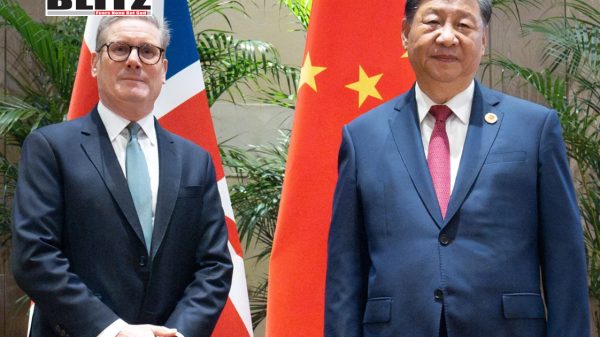
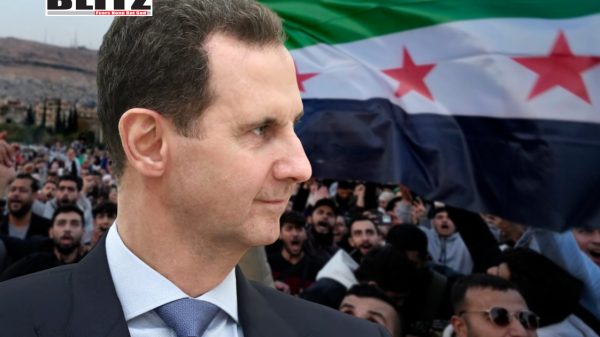
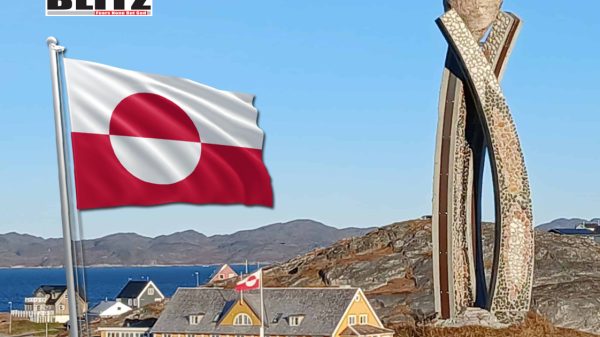
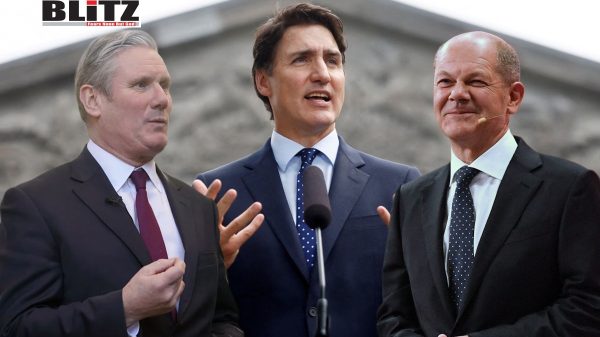
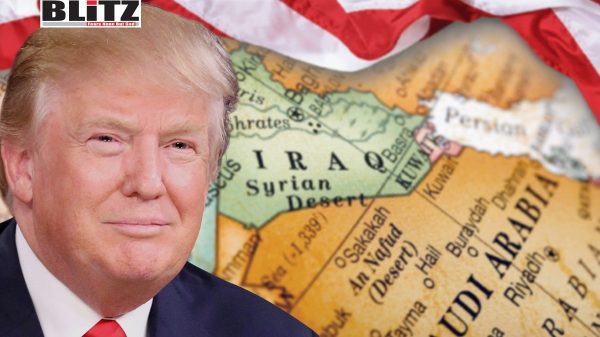
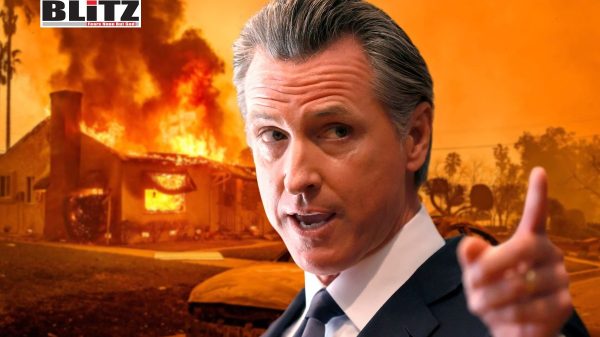
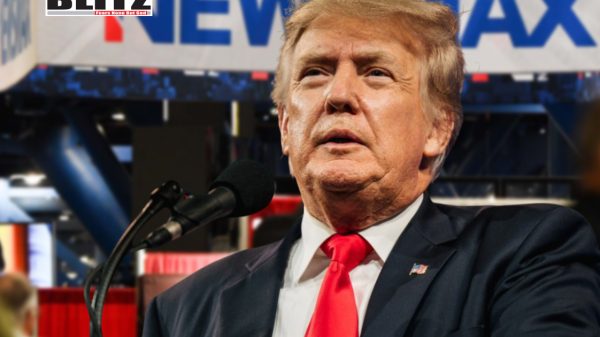
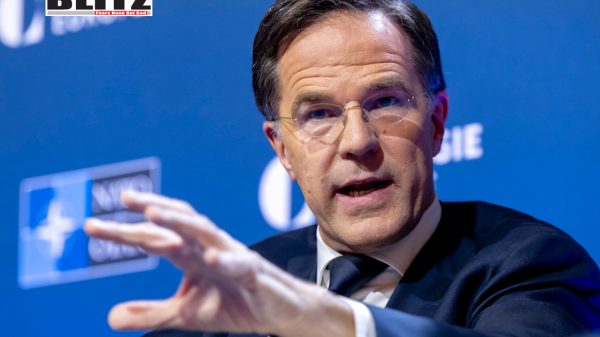
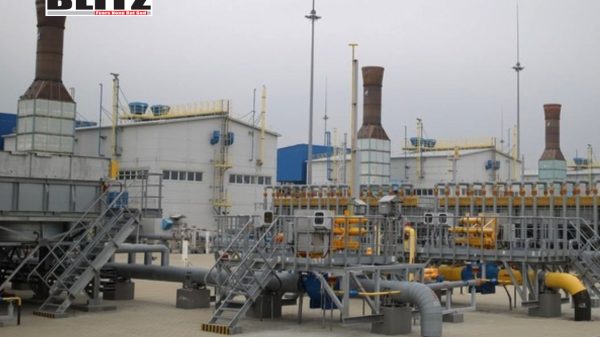
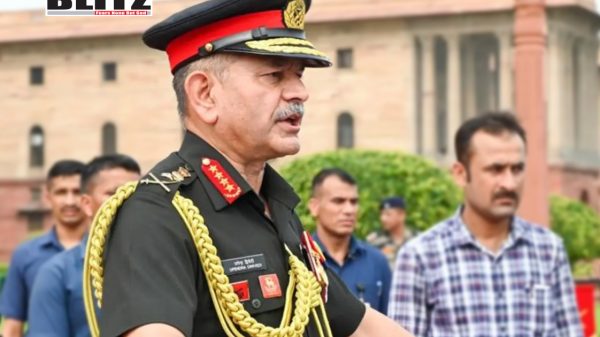
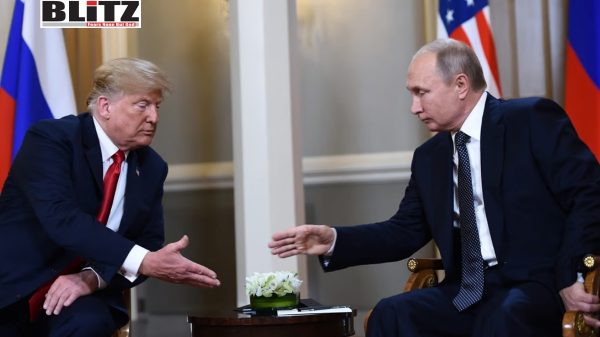
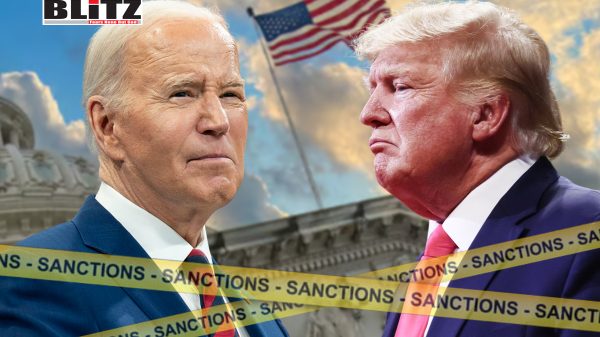
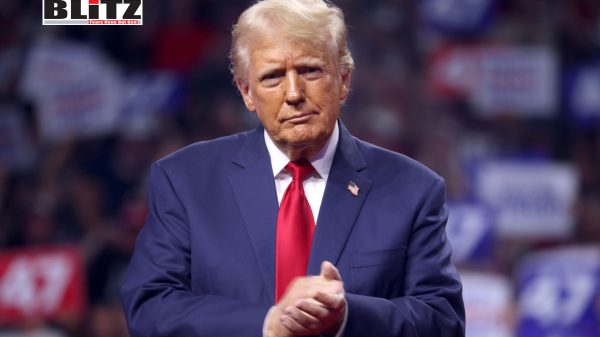

Leave a Reply